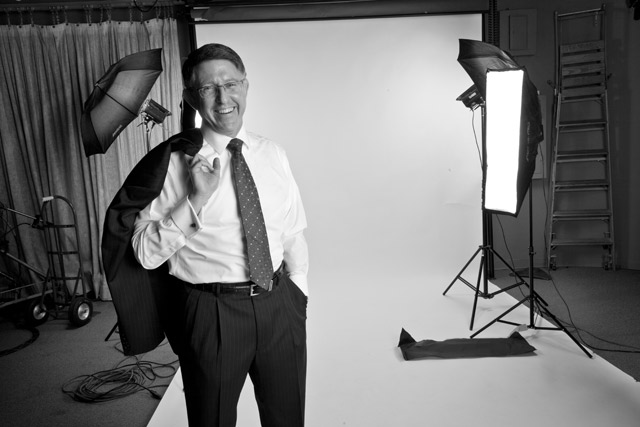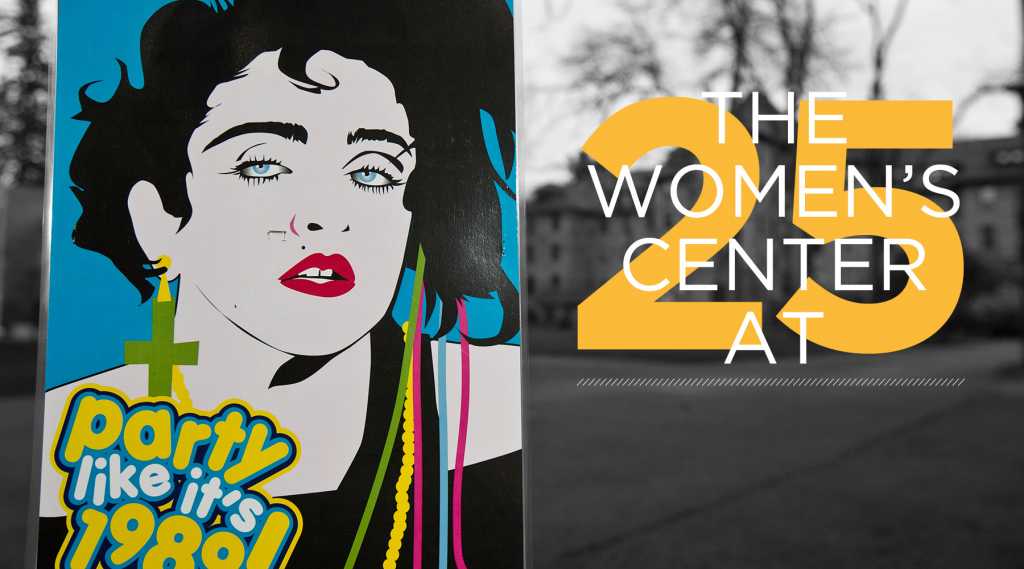Page 43 • (470 results in 0.064 seconds)
-
Austin Beiermann, Student Speaker Austin Beiermann, Class of 2018Austin Beiermann is a double major in Economics and Political Science, with a minor in Sociology. He was born and raised in Tacoma, Washington. Last summer he was a Peace Scholar who had the opportunity to study in Norway and present at the Nobel Peace Prize Forum. Currently the ASPLU Finance Director, Austin works with the Student Engagement Network to advocate to legislators for increased funding for the Washington State Need Grant
-
, Associate Professor of History and Sociology/Anthropology at Concordia University, Canada Research Chair in Museum and Heritage Studies, and Director of the Curating and Public Scholarship Lab at Concordia University Bio: Erica Lehrer is an anthropologist, curator, and academic specializing in post-Holocaust Jewish culture, museum studies, ethnography, and public scholarship. She is Associate Professor of History and Sociology/Anthropology at Concordia University, where she holds a Canada Research Chair
-
responders. “Yet, we haven’t been socialized to understand the guilt and heartbreak that comes with the job.” That firefighter and 13 other interview subjects opened up to Packard about experiences that are often difficult for them to discuss, even with their loved ones. The collection of testimonials comprised the sociology capstone project that Packard says is personal. “I have grown up around police officers and firefighters my whole life,” he said. “I wanted to relay stories, but mainly I wanted to
-

smile and a direct gaze that implies they are listening to everything you say. A dedication to service and student engagement “My main job here is to support Tom in his role, to help in any way possible. And to reach out to students,” said Patricia Krise. More It’s this genuine interest in others that was one of the first details that that Professor of Sociology and former Faculty Chair Anna Leon-Guerrero, a member of the search committee, noticed about Krise the candidate. “That means a lot to the
-
adaptation frameworks for businesses and communities, as well as serves as a sort of “middle man” between scientists and policymakers or the public. My reading list consisted of about 15 scientific articles or in the later weeks, adaptation frameworks, which I would use to develop a 1000 word essay to bring to my tutorial meetings and guide discussion each week. Social SciencesSocial Sciences TutorialsCarley Beck, '18, Sociology:My tutorial was entitled, “Sociology of the Law and Legal Institutions” and
-
, emotion, development, social behavior, and mental health. Prerequisite: PSYC 101. (4) PSYC 337 : Culture and Health This course explores the role of culture on health issues around the world from a psychological perspective. Theories from health psychology, and secondarily from medical anthropology and medical sociology, are used to consider how culture impacts health behaviors and how behaviors and services might be improved. Major topics include mental and physical health, treatment, health services
-
interviewing civic leaders. Community-Based Research: “is a partnership of students, faculty and community members who collaboratively engage in research with the purpose of solving a pressing community problem or effecting social change” (Strand, et al, 2003) Ex. Sociology students interviewing local food bank clients to enhance food bank services. Which Community-Engaged Learning Option might be best for you? Service Learning Community-Based Learning Community-Based Research Do you want
-

with the larger university community. I had made several attempts to do so but to no avail. I shared that desire with a faculty member in the Sociology Department, Dan Renfrow. Dan is no longer teaching at PLU, and I am sure has no idea the chain of events he put in motion by suggesting that I contact the Women’s Center about potential volunteer opportunities. I met with the Director at that time, Bobbi Hughes, and after asking me about my experience and my interest in the Center, she shared her
-
point of PLU. PLU programs related to the Holocaust and other genocides or mass crimes against humanity teach how to ask good questions and continue to help us seek better answers. The Holocaust Conference means that PLU can continue its mission to help students grapple with issues and ask “Big Enough Questions.” Idaishe Zhou, ’11 History and Political Science Majors, Sociology MinorIdai Zhou spent a year working in Zimbabwe after graduation and then began her graduate studies. I stumbled into
-
point of PLU. PLU programs related to the Holocaust and other genocides or mass crimes against humanity teach how to ask good questions and continue to help us seek better answers. The Holocaust Conference means that PLU can continue its mission to help students grapple with issues and ask “Big Enough Questions.” Idaishe Zhou, ’11 History and Political Science Majors, Sociology MinorIdai Zhou spent a year working in Zimbabwe after graduation and then began her graduate studies. I stumbled into
Do you have any feedback for us? If so, feel free to use our Feedback Form.


